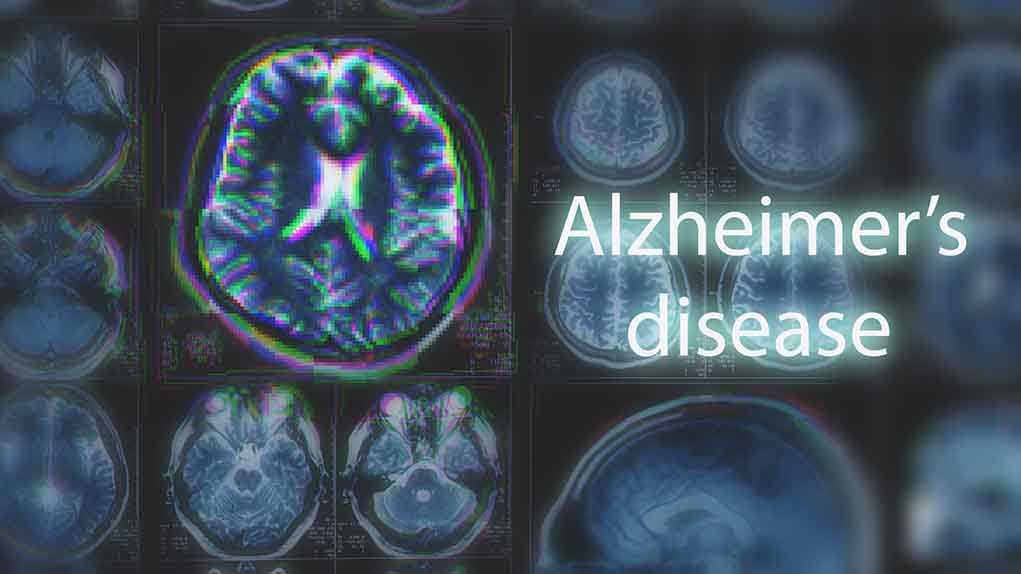
More than one in three Americans now trust AI with their health—even more than “Dr. Google”—but what happens when your wellness buddy isn’t a person, but a machine that never sleeps, never forgets, and never judges your midnight ice cream confession?
At a Glance
- Over 35% of U.S. adults now use AI for health and wellness management, outpacing reliance on traditional online search.
- AI is trusted for medical advice and planning, but concerns persist about privacy, misinformation, and losing the human touch in healthcare.
- Hospitals, tech giants, retailers, and regulators are all racing to shape the future of AI-guided health.
- Experts see promise and peril: AI could empower consumers and transform care, but skepticism and caution remain high.
America’s New Health Guru Isn’t Human—It’s AI
Once upon a time, your cough, headache, or mysterious rash sent you straight to Dr. Google—where self-diagnosis usually ended with a panic attack and a WebMD page open on your phone. Fast-forward to today: a new survey finds that more than a third of Americans are now turning to artificial intelligence for everything from meal planning to emotional support. What changed? Tech innovations, pandemic-fueled digital adoption, and a nation tired of waiting rooms have made AI a 24/7 health companion. In fact, by 2024, a whopping 80% of U.S. hospitals were already using AI behind the scenes, and the U.S. market for AI healthcare hit $8.41 billion, with projections that would make even the most optimistic investor blush.
Americans are motivated by more than just curiosity. Rising healthcare costs, long appointment waits, and a shortage of primary care providers have pushed people toward AI-powered self-service tools. And with social media overflowing with questionable “health hacks,” AI’s promise of reliable, personalized advice looks irresistible. But this shift didn’t happen overnight—earlier waves of digital health, from symptom checkers to telemedicine, paved the way, proving that Americans are quick to adopt new health tech, even as they worry about the side effects.
Who’s Pulling the Health Strings?
A cast of characters is shaping this AI-powered health revolution. On one side, you have consumers—especially tech-savvy younger adults—who crave convenience and personalized insights. On the other, healthcare providers and hospitals are integrating AI to streamline workflows and boost patient engagement, while tech behemoths like Microsoft and Google (plus a swarm of startups) compete to become your next digital doctor. Retailers and wellness brands, eager to spot the next supplement craze, are using AI to track trends, and regulators are hustling to keep up with innovations that move faster than federal paperwork ever could.
Power dynamics are shifting. Tech companies and providers are collaborating while debating data ownership and privacy. Consumers, armed with more choices than ever, are nudging the market toward tools that fit their lives. Influencers, wellness gurus, and even your favorite supplement shop play a growing role in what’s hot—and what’s not—in the AI health gold rush.
AI Takes Center Stage—But Not Without Critics
The numbers tell a story that’s equal parts futuristic and fraught. Thirty-five percent of Americans already use AI for health, with top uses including medical insights, meal planning, workouts, and even emotional support. AI is now more trusted than social media for health advice, though it’s still running behind doctors and family when it comes to trust. A full 63% say they’d trust AI with health info, and over a quarter find it more accessible than real-life doctors. The Vitamin Shoppe’s 2025 Trend Report even spotlights AI as a key driver of new wellness trends, from peptides to alternative supplements.
But not everyone’s drinking the AI health elixir. While 38% believe AI will improve health outcomes, a skeptical 60% aren’t so sure, and a solid third worry it could make things worse. Concerns run deep around privacy—37% fret about their patient records—and the loss of the human touch, with 57% fearing AI will erode patient-provider relationships. As hospitals roll out AI tools, most are still in the early innings, experimenting with advanced applications while the market is projected to skyrocket to $102.2 billion by 2030.
Expert Takes: Promise, Peril, and the Road Ahead
Expert voices run the gamut from enthusiastic to cautious. Dr. Sarah Jamison of the Vitamin Shoppe Wellness Council sees AI amplifying healthy habits, especially when paired with common-sense lifestyle choices. Industry leaders highlight AI’s power to fill gaps in health knowledge and personalize care, while academic reports like Stanford’s AI Index urge careful deployment and clinical validation. Hospital execs are bullish on AI’s potential to improve efficiency but warn that maturity and proven results are still works in progress.
The consensus? AI in health is here to stay, but it’s no panacea. Consumers get convenience and empowerment, but they also face new risks: privacy breaches, misinformation, and the possibility of being left behind if they can’t access the latest digital tools. The wellness industry is already shifting, with AI shaping everything from supplement trends to fitness routines. Regulators and policymakers, meanwhile, are racing to ensure that innovation doesn’t outpace safety—or common sense. As AI’s role grows, Americans will have to decide just how much they trust a machine with their most personal questions—and whether convenience is worth the trade-off.
Sources:
Docus AI, Deloitte 2024 Health Care Outlook
Dialog Health, AI in Healthcare Statistics 2025
Column Content, Digital Health Statistics 2025
KLAS Research, Healthcare AI 2025
Stanford HAI, 2025 AI Index Report











